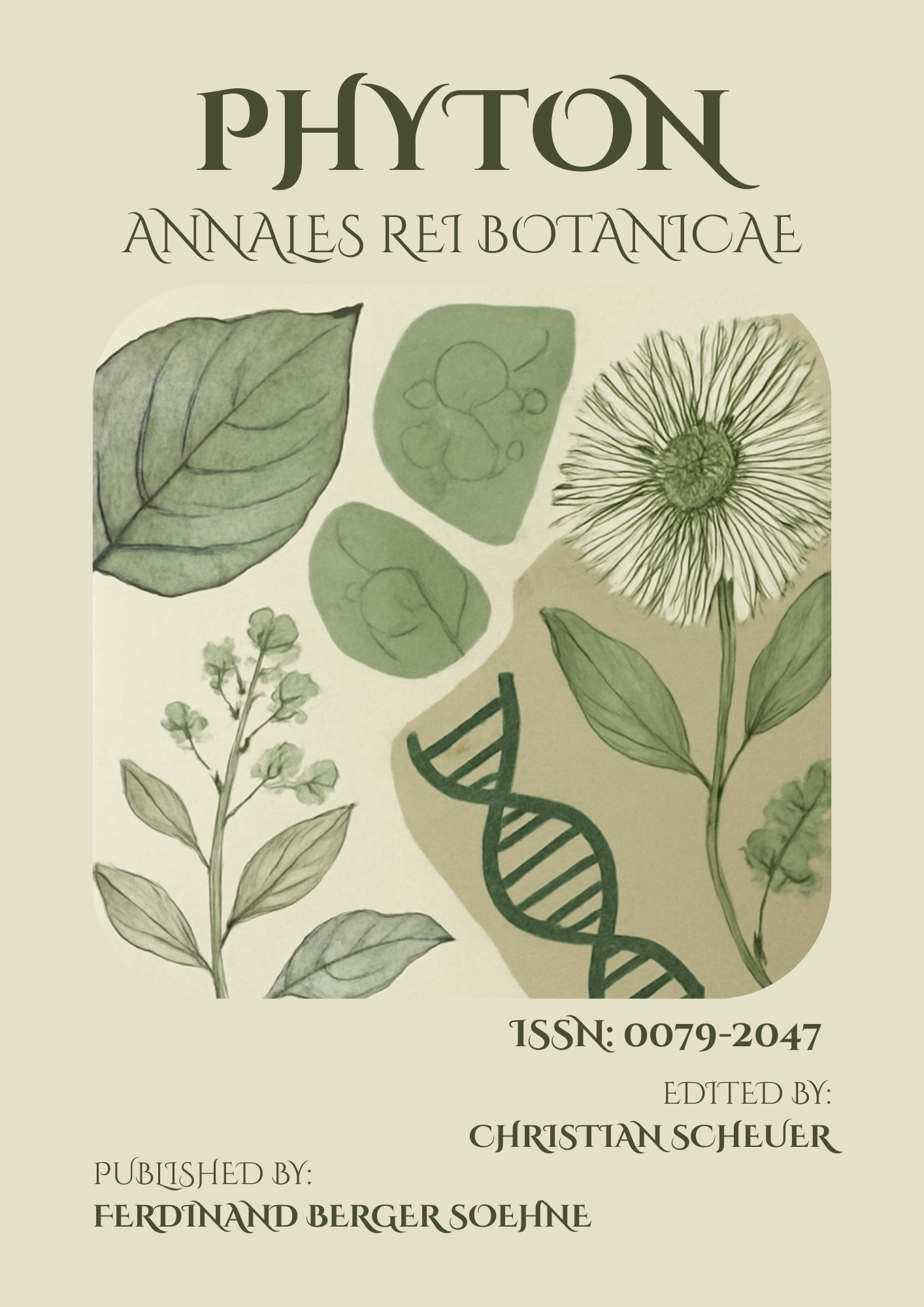Soil Fertility Management: Balancing Plant Nutrition and Environmental Sustainability
Keywords:
Soil Fertility, Nutrient Management, Organic Amendments, Sustainability, Fertilization, Soil HealthAbstract
Soil fertility management is essential for maintaining high agricultural productivity while ensuring environmental sustainability. This paper investigates the latest techniques in soil fertility management, focusing on balancing nutrient input with environmental considerations. The study reviews modern practices such as precision fertilization, organic amendments, and agroecological approaches that aim to enhance soil health and optimize plant nutrition. It also examines the role of soil microorganisms in nutrient cycling and their impact on plant growth. The research highlights the challenges associated with over-fertilization, such as nutrient runoff, soil acidification, and eutrophication, and discusses the importance of adopting sustainable fertilizer practices. Case studies from around the world demonstrate the success of integrated nutrient management strategies that combine scientific knowledge with local farming practices. The paper concludes by suggesting that the future of soil fertility management lies in the development of innovative, sustainable technologies that promote nutrient use efficiency, minimize environmental impacts, and improve long-term soil health.
Published
How to Cite
Issue
Section
License
Copyright (c) 2022 PHYTON-ANNALES REI BOTANICAE

This work is licensed under a Creative Commons Attribution-NonCommercial-ShareAlike 4.0 International License.
This article is published under the terms of the Creative Commons Attribution-NonCommercial-ShareAlike 4.0 International License (CC BY-NC-SA 4.0). Readers may share and adapt the material for non-commercial purposes, provided appropriate credit is given and adaptations are shared under the same license.



